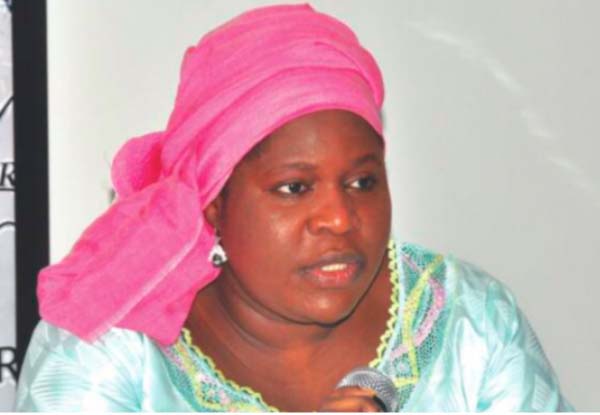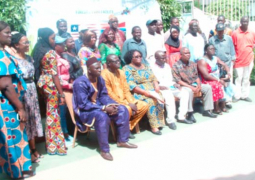
ARTICLE
19 welcomes the peaceful transfer of power to Gambia’s new, democratically
elected President Adama Barrow.
However,
after 22 years of repression under the leadership of former president Yahya
Jammeh, President Barrow must seek to address the structures and culture that
have produced human rights violations in the past. As he begins the transition, his new administration
must prioritise reform of laws and policies that currently stifle freedom of
expression.
“Gambia
has voted for change, and we hope to see President Barrow deliver on promises
to build a society committed to transparency, public participation and media
freedom,” said ARTICLE 19 West Africa Director Fatou Jagne Senghor.
“It
is essential that freedom of expression and information are safeguarded in the
new Gambia and we want to see the President engage with civil society and
ordinary Gambians throughout the transition process. It is time for all Gambians to have a voice,”
continued Jagne Senghor.
ARTICLE
19 asks the new Gambian government to prioritise the reform or repeal of laws
used to stifle free expression, specifically the Information and Communications
Act, the Newspaper Act and the amended Criminal Code, which increases sanctions
on sedition, libel, public disorder, and false information.
One
of the legacies of Jammeh’s government is the notorious amendment of the
Criminal Code which defines the crime of ‘aggravated homosexuality’, and gives
sweeping powers to arrest people arbitrarily. President Barrow has an
opportunity to address the way the code undermines fundamental freedoms.
To
send a message of hope as the country transitions from Jammeh’s repressive
regime, President Barrow should release all political prisoners wrongly jailed
for exercising their right to free expression, and put in place mechanisms to
enable the return of journalists and human rights defenders in exile. The
establishment of a reconciliation mechanism would enable victims of past human
rights abuses to find truth and justice, reducing the potential for future
conflict and instability.
The
enactment of a strong Right to Information law and an inclusive and
consultative constitutional review process will entrench fundamental rights,
including the right to free expression and access to information, and
strengthen democratic institutions.
The
new president has an opportunity to promote women’s participation and protect
their equal rights to freedom of expression and information, and equal
representation in decision making bodies.
To do so would also place The Gambia at the forefront of progressive
nations across Africa.


